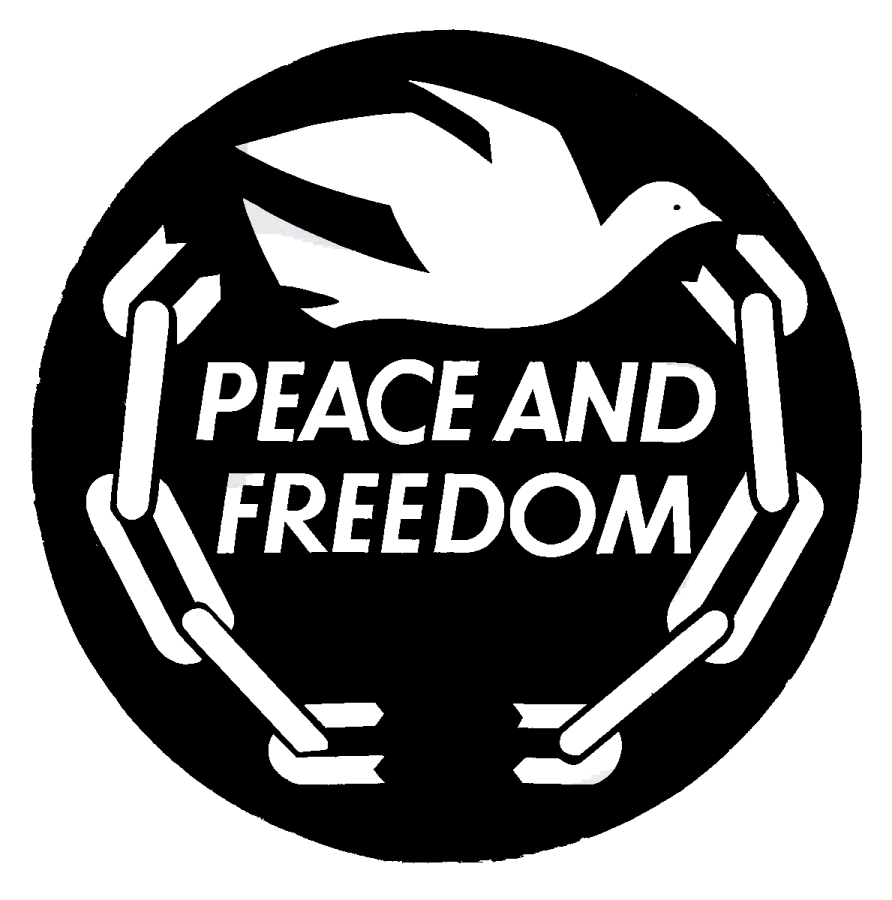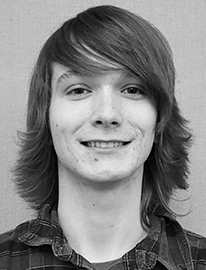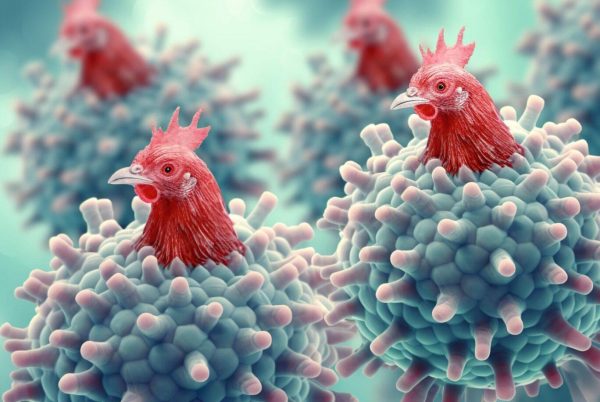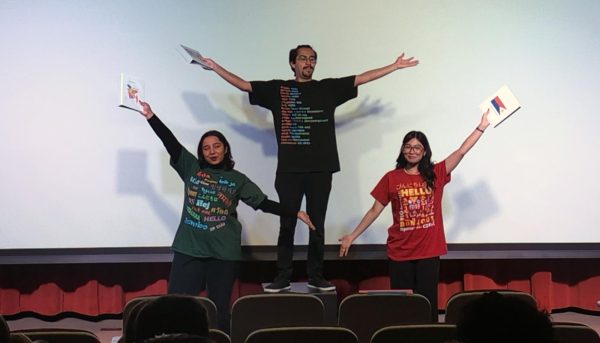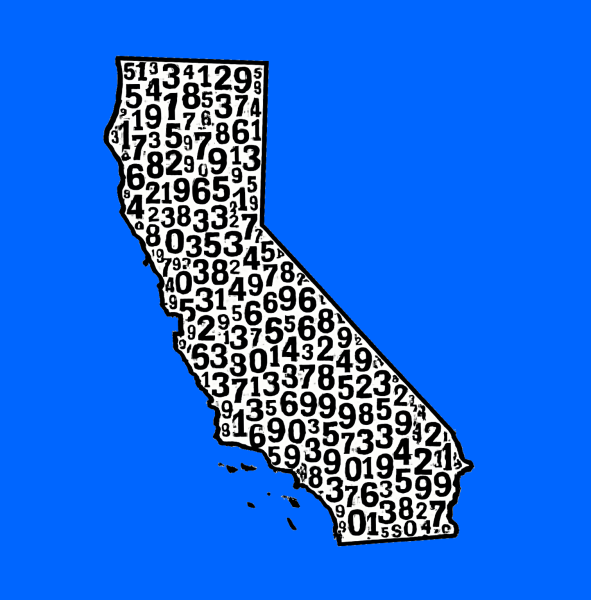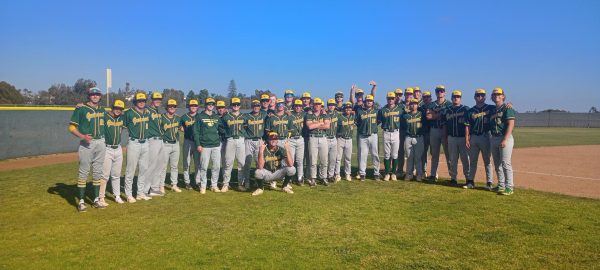Third Party Spotlight: Peace and Freedom Party
Democrats, Republicans, the field. As the June 7 primary nears third-party and independent candidates vie for a chance at the general election.
June 1, 2022
If you have been a California voter for long, then you are probably aware of how the state’s unique primary system works.
Since 2011, the Top Two Candidates Open Primary Act has placed all candidates for state legislative offices, U.S. congressional offices and state constitutional offices together on one open ballot.
This means that the top two candidates receiving the most votes – regardless of their party affiliation – move on to the general election.
With the state electorate having the freedom to put anyone regardless of party allegiance up for general election, there appears to be an avenue for third-party or independent candidates to contend.
However, when you look at the record of past elections on the California Secretary of State’s website, that has not been the case.
Since the change in 2011, there has only been one occurrence of an independent or third-party candidate winning in a general election. That was when independent Chad Mayes won the seat for Assembly District 42 in 2020.
More often than not, the change has led to the common scenario of Democrats and Republicans running against each other or members of their party.
So why is it so hard for these candidates that do not belong to the major two parties to break through? The answer is complicated, but the primary reasons can be attributed to smaller campaign funds and a lack of public exposure.
One of these little-known political parties is the Peace and Freedom Party (PF). It is a California political party founded in the summer of 1967, during the anti-war and civil rights movement. It identifies itself as a feminist, socialist coalition.
“We represent the working class, those without capital in a capitalist society,” it states on its party website.
On a larger scale, the PF is a part of the Party for Socialism and Liberation (PSL), another grassroots political party established in 2006 by author Richard Becker and anti-war activist Gloria La Riva.
In other state elections and during the presidential election, the PSL runs candidates under its party identification. However, in California, the PSL endorses PF members due to their aligned party values and the PF’s more established presence on the ballot registry.
Both parties’ ideologies are based on Marxist socialism; their platforms involve ambitious socialist reforms to the current structure of the U.S. government and economy.
They support ideas such as a national healthcare system, abolishing student debt, free access to education, constitutionally enshrining reproductive rights and public ownership of industry and utilities.
“It’s anti-capitalist, it’s anti-war, full abortion rights and stop slumlord abuses,” said PSL member Tucker Davis.
“We have a lot of organizations like the San Diego Tenants Union we work with,” he added. “It’s a lot of advocacy work.”
These ideals are reflected in the individuals the party has endorsed for the upcoming June 7 primary, like the candidate for the 51st Congressional district Jose Cortés.
A healthcare and pension administrator, Cortés is a PSL endorsed by the Peace and Freedom party candidate running on a “Vote Socialist!” campaign message.
“Workers deserve real, free access to quality healthcare,” Cortés states in a campaign message regarding public health policy. “They need universal guarantees and constitutional protections to guarantee the right to that healthcare.”
Cortés said he hopes to be one of two that makes it out of the three-person primary race between him, Democratic incumbent Sara Jacobs and Republican small business owner Stan Caplan.
Other candidates such as Lt. Governor Candidate Mohammad Arif, the Kern County Chair of the PF, also echo the core beliefs of the grassroots movement in their campaigns.
In Arif’s case, he supports policies that will grant free education for all from pre-K to university learning and, like Cortés, supports the development of a high-quality universal health care system.
While this party is an electoral underdog, you cannot disqualify its passion and resolve, especially as California’s politics continues to lean heavily in the progressive direction.
When asked why voters should consider Peace and Freedom candidates over the major two-party options, PSL advocate and Grossmont student Duncan Mullis said, “In this system of capitalism, in how we have our democracy set up, the electoral college, with all this corporate lobbying neither party (Democrats and Republicans) counted in the first place.”


